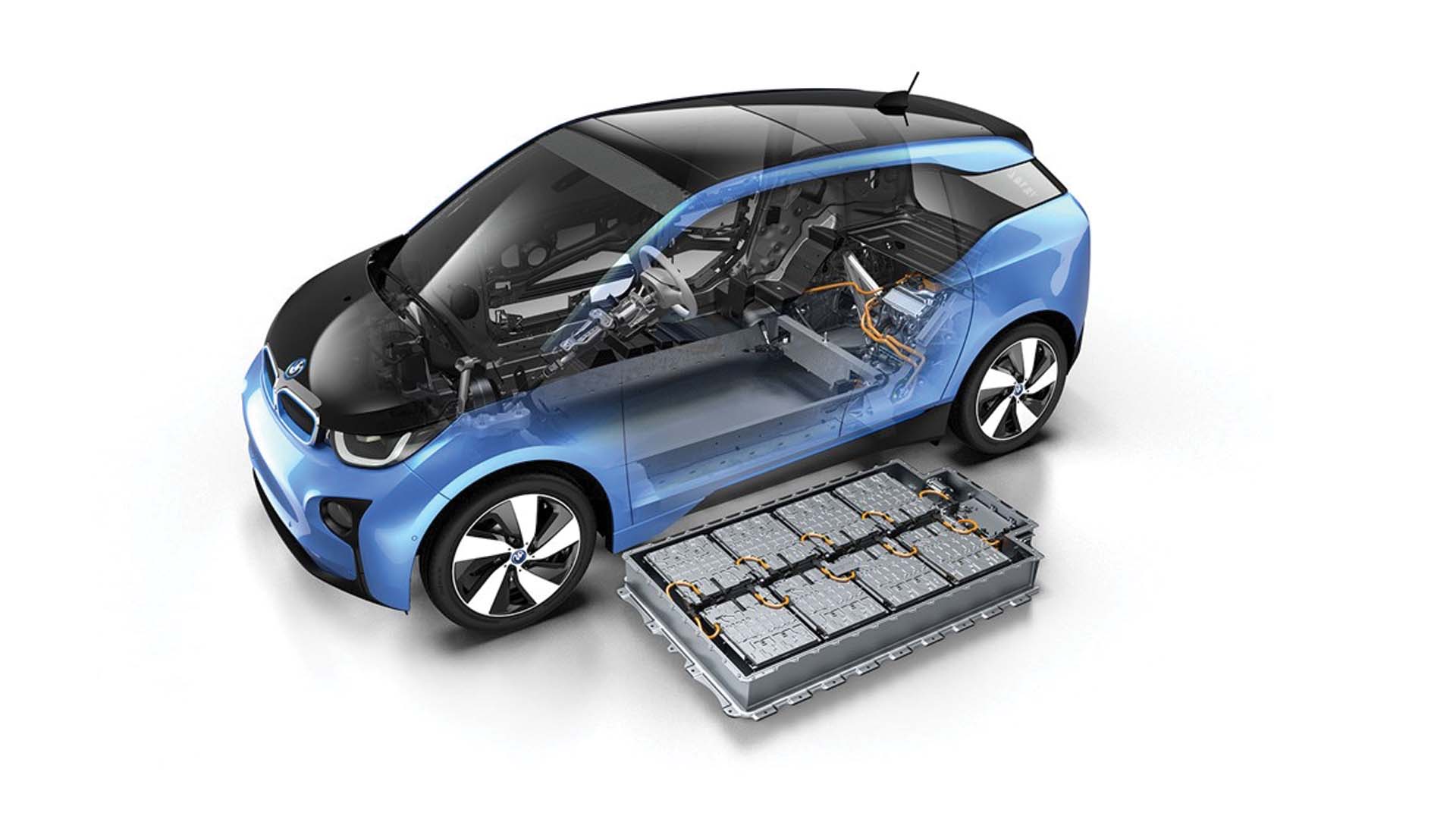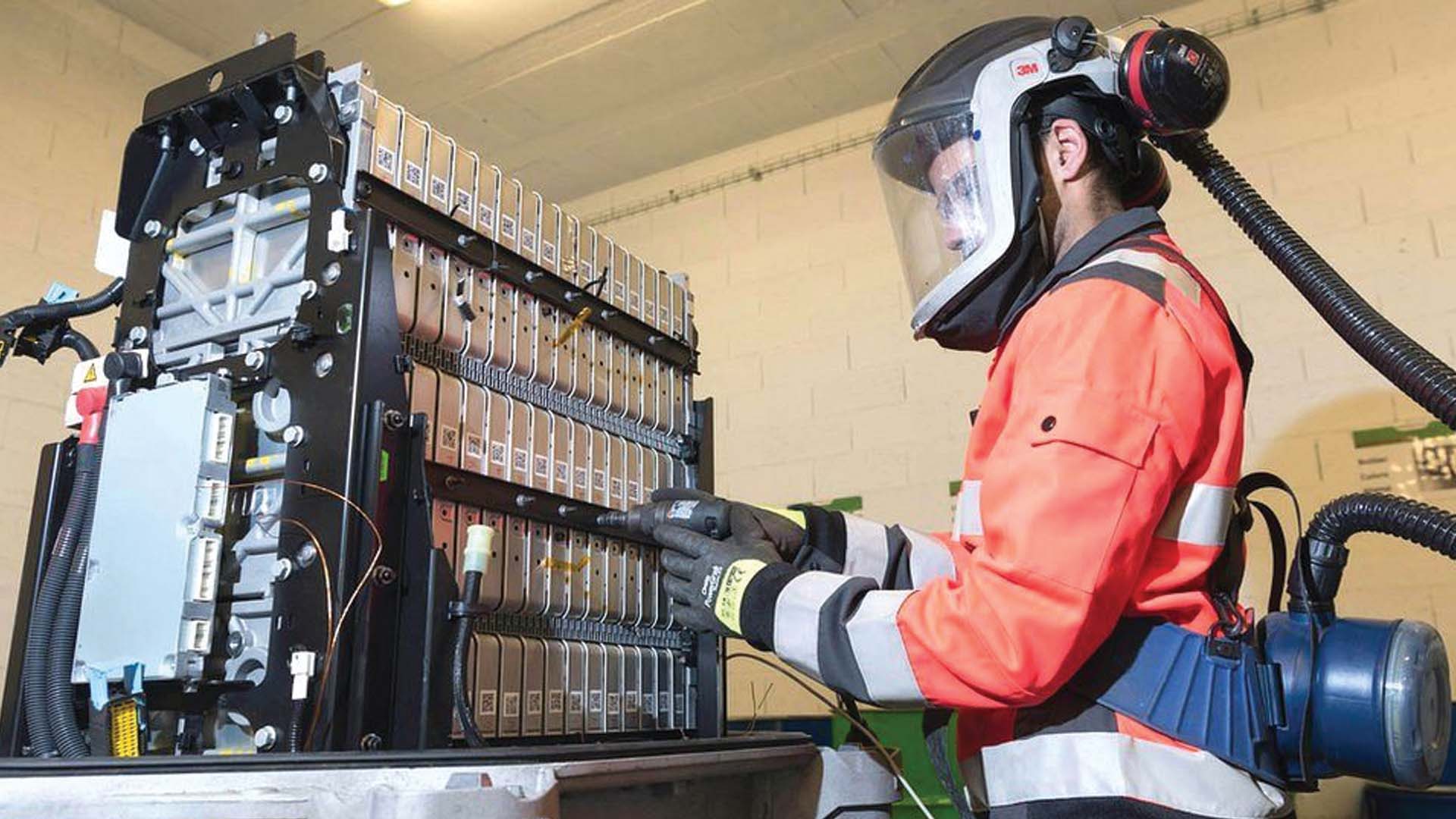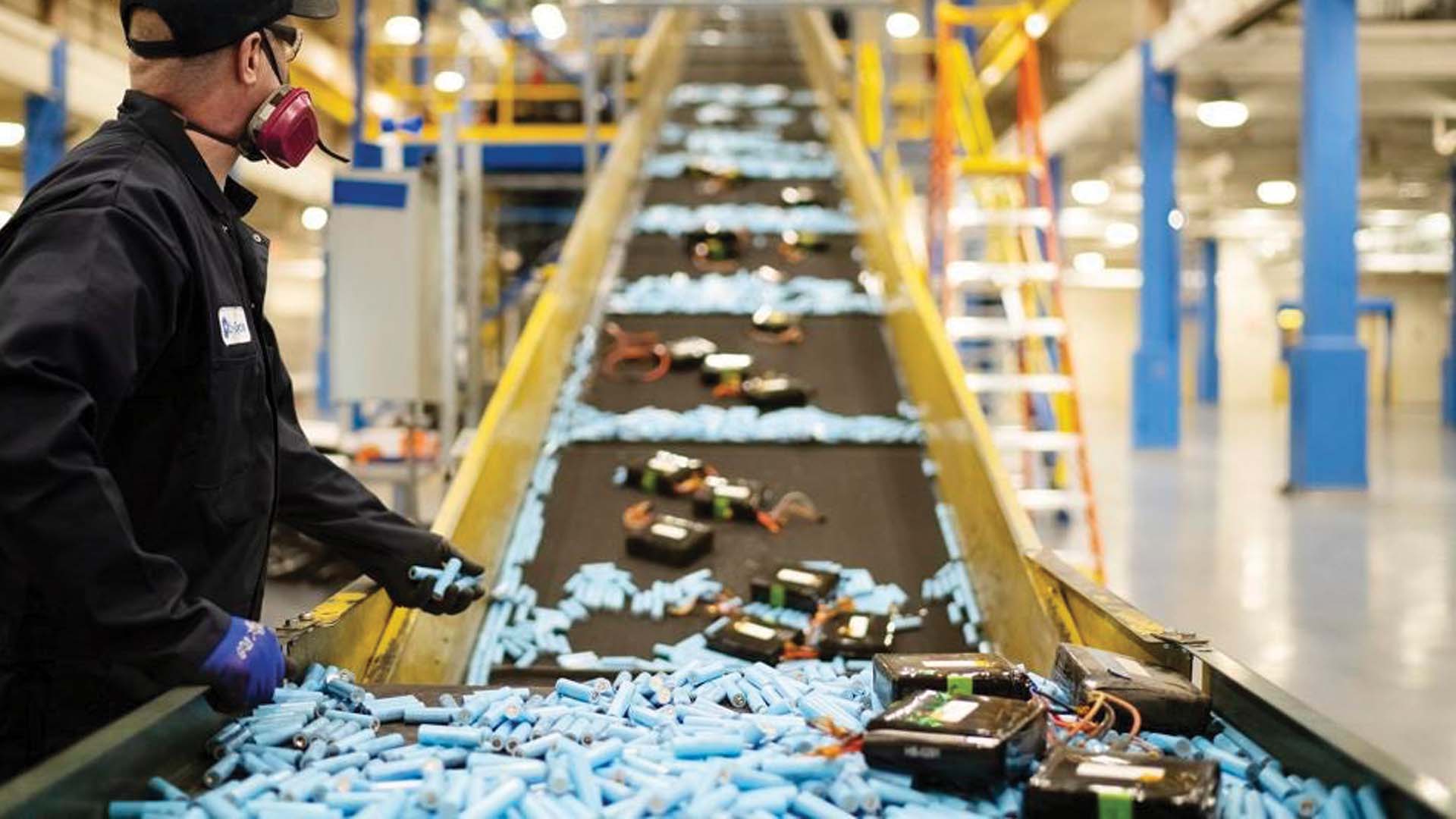Even though there aren’t too many of them on the road now, electric vehicles are expected to massively increase in the next decade—a predicted 145 million on the roads by 2030, compared to approximately 10 million on the roads in 2021. While most parts of electric vehicles are similar to conventional cars, the battery is the biggest difference. This poses a major challenge: how will we recycle electric car batteries?

Photo Credit: Car Magazine
The Battery & Its Problems
The most popular battery in electric cars is the lithium-ion battery. These batteries are also used in most portable electronics like phones and laptops because of their high energy per unit mass, high power-to-weight ratio, high energy efficiency, and low self-discharge.
Some components of lithium-ion batteries can be recycled, but the cost and safety of this remain a huge challenge. Their batteries are larger and heavier than ones in regular cars, and they contain hazardous materials that can explode if they are disassembled incorrectly. Their structure further complicates recycling efforts because they are compact and come in a variety of sizes and shapes. Large battery packs that power electric vehicles also contain thousands of cells grouped in modules, adding another layer of complexity and additional costs to dismantling and recycling.
In the same way as consumer electronics, the batteries in electric vehicles are dangerous to the environment when not recycled properly. For example, if they are sent to a landfill, the raw material in the batteries such as lithium and nickel can end up in the water supplies and affect the drinking water of the nearby community. Due to the size of the batteries in the vehicles, the issue and difficulty in recycling are increased.

Regulations & Research
The volume of this issue is inevitable—over 12 million tons of lithium-ion batteries are expected to retire between now and 2030. To meet this concern, many countries and companies have begun research and have implemented regulations surrounding recycling lithium-ion batteries.
While the US has not yet mandated federal policies regarding lithium-ion battery recycling, In June of 2021, the U.S. Department of Energy released a National Blueprint for Lithium Batteries, stating that by 2030, the U.S. will establish a secure battery materials and technology supply chain. A major part of this plan is to implement recycling lithium-ion batteries on a national scale. Meanwhile, the European Union and China already require battery manufacturers to pay for setting up collection and recycling systems. For example, in December of 2020, the EU proposed changes to battery regulations to target lithium-ion batteries. Some of these regulations include target rates of 70% of battery collection, recovery rates of 95% for cobalt, copper, lead, and nickel and 70% for lithium, and mandatory minimum levels of recycled content in new batteries by 2030.

As for companies, according to London-based Circular Energy Storage, a consultancy that tracks the lithium-ion battery-recycling market, about one hundred companies worldwide recycle lithium-ion batteries or plan to do so soon. For example, Li-Cycle began constructing a $175 million plant in New York which will eventually recover 95 percent or more of the cobalt, nickel, lithium, and other valuable elements through their zero-wastewater, zero-emissions process. Similarly, Redwood Materials, a factory that takes in dead batteries in Nevada, extracts valuable materials, then sends the refined metals back into the battery supply chain. They raised more than $700 million in July of 2021.
Many of the electric car companies are also taking matters into their own hands. For example, in August of 2021, Tesla announced that it started building recycling capabilities at its Gigafactory to process waste batteries. French car company Renault is also recycling all its electric car batteries through a consortium with French waste management company Veolia and Belgian chemical firm Solvay. Additionally, companies that currently recycle consumer electronics like Regency Technologies believe that they will be able to recycle lithium-ion batteries once they scale up their operations to account for the size of the batteries.
To see how electronics get recycled, stream Tomorrow World Today’s “The Science Behind Electronics Recycling” on on SCIGo and Discovery GO!







